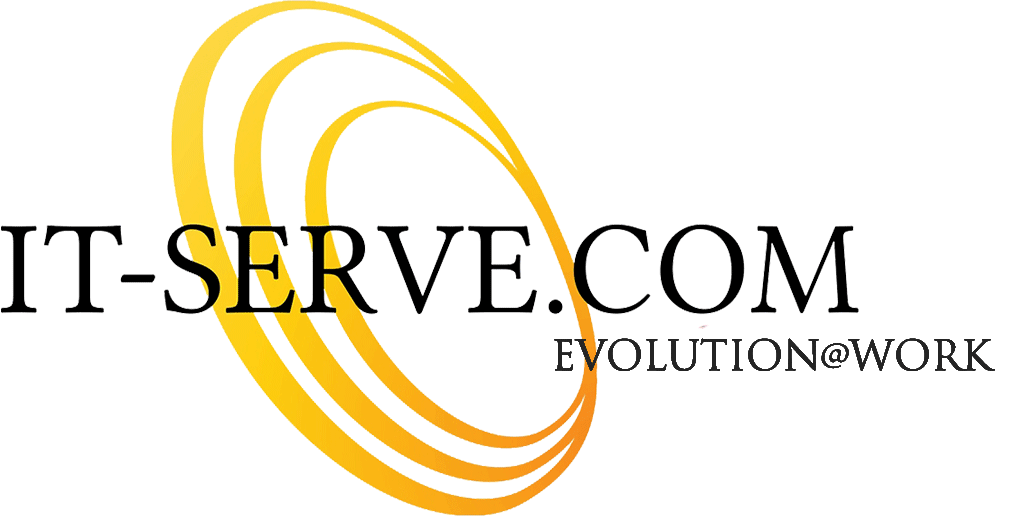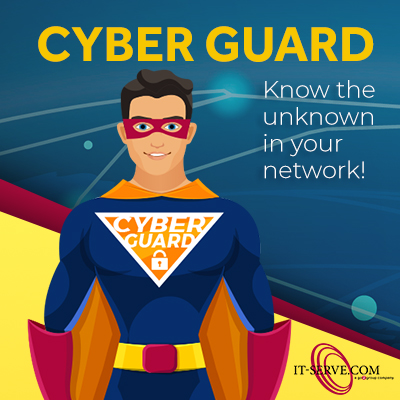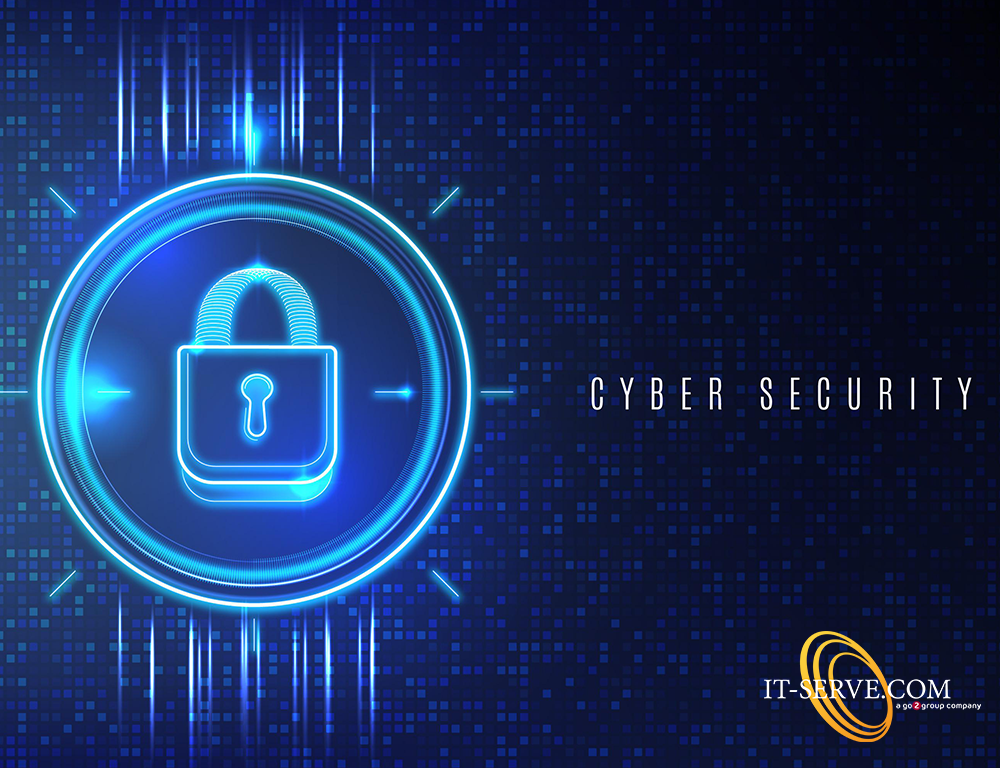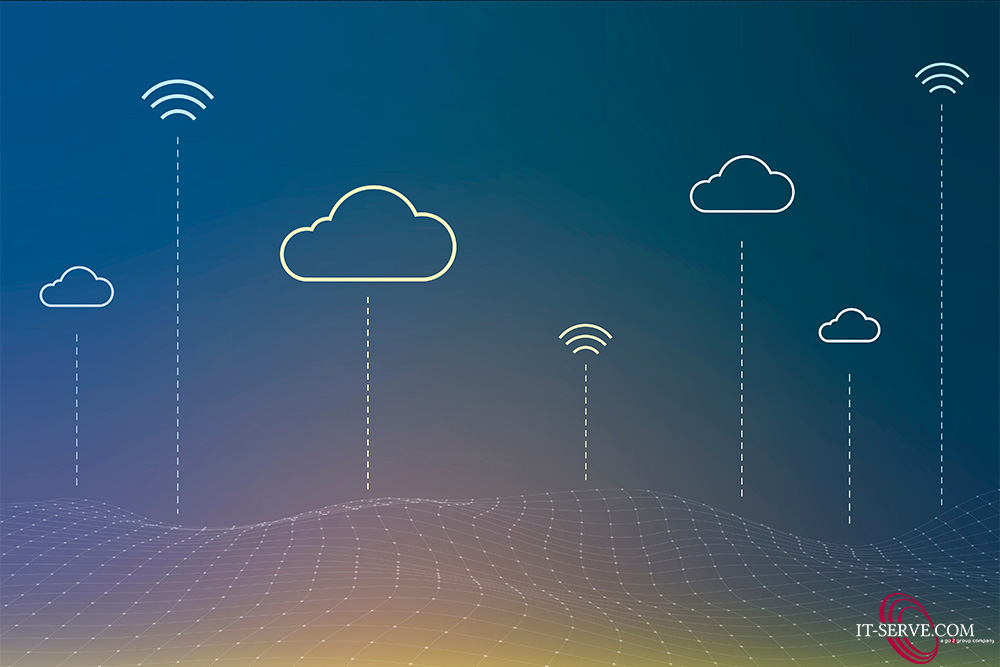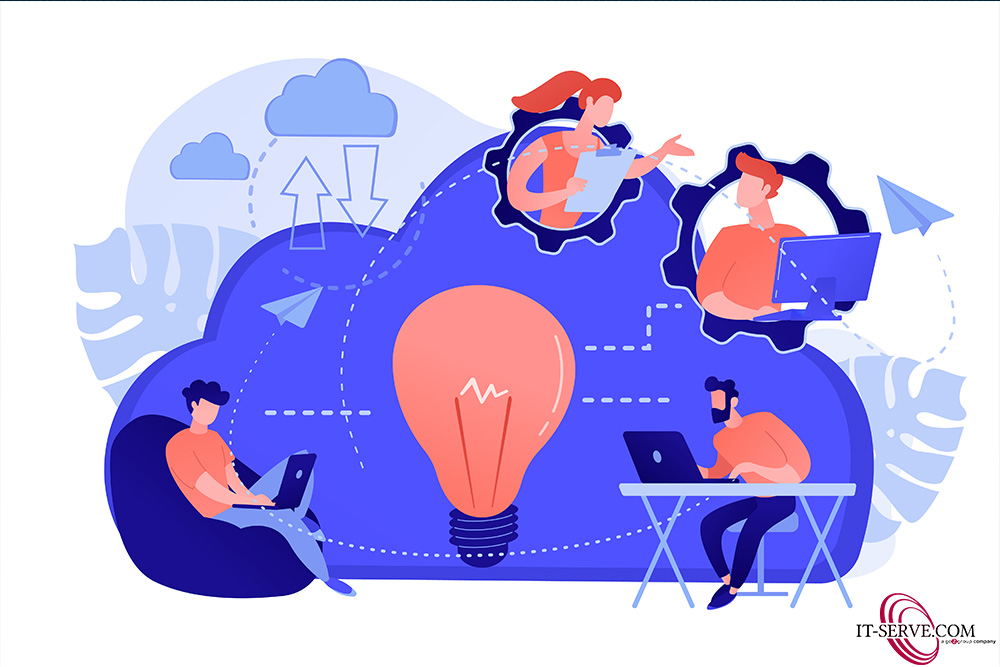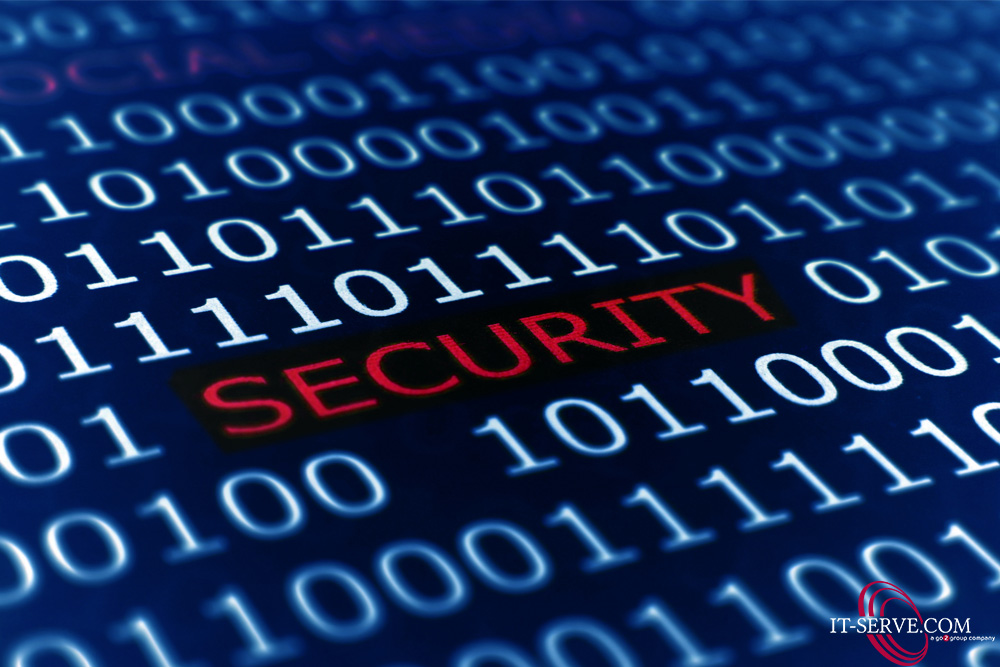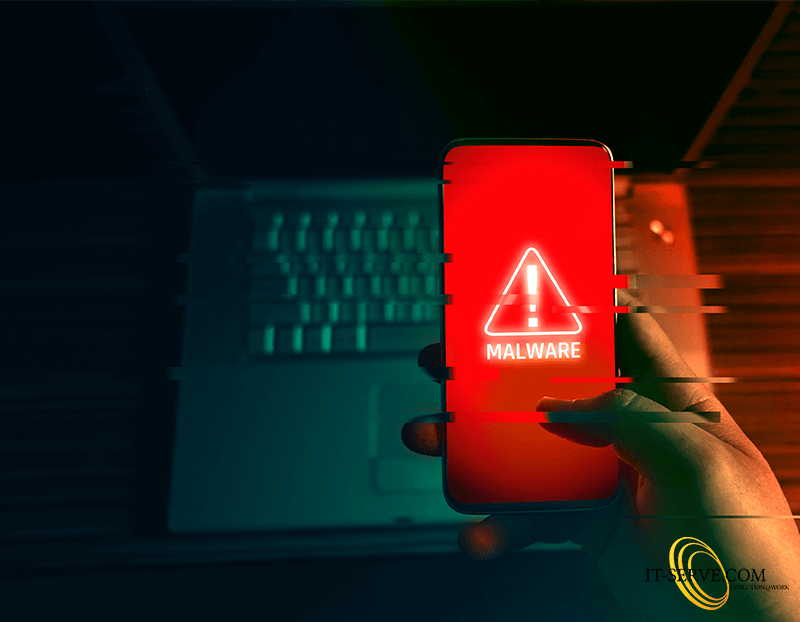
We are living in a world where hacking and similar cyber threats are commonplace. From your emails to credit cards to your bank accounts, hackers can infiltrate your life in innumerable ways. Unethical hackers are on a constant lookout for loopholes in a network to hack your security system and steal your confidential and personal data. On a corporate level, banks, financial institutions and security establishments are the preferred targets for malicious hackers giving them nightmares.
If you’re facing similar worries related to hacking, here are the top 5 tips to safeguard yourself against hackers.
1. Change All Your Old and Default Passwords
This is probably one of the most common yet important advice that you can't afford to ignore. For you never actually know if your old or default passwords are already out there with hackers leaking all your personal data and important information. Hackers today use a common tactic known as credential stuffing, where they cram previously stolen usernames and passwords into multiple online services. Why? Because a lot of passwords and usernames are the same/identical across accounts.
It is therefore extremely important that you change passwords for all your email and social media accounts at least a couple of times or more every year. As you set up the new passwords for your online accounts, do not forget to set up two-factor authentication (2FA) as an additional layer of security for the accounts offering it. This helps you prevent any kind of unauthorized password resets. You can also use a high-quality password manager to change all of your old online passwords to strong, unique ones for each login.
2. Watch What You Click and Open
If you really need to keep hackers out of your life, keep a watch on what you click and open. Make sure to limit the number of click-throughs on emails, social media and text messages you receive on a daily basis. This is important because cyber-thieves are equipped with various tricks such as phishing and other social engineering methods to make you open emails, click on unsafe links and even share some personal information.
Email attachments with malware are, in fact, a popular route for cyber frauds. The simple way to avoid these scams is by not clicking the attachments/links. It is also recommended to not respond to every email you get until it’s absolutely essential or from a known source.
Instead of opening the suspicious links or attachments, you can go to the website of the company mentioned in the email or link to verify if the information presented actually matches the official source.
3. Download Only from Authorized Sources
Irrespective of the fact that you are self-installing the apps or going for open source software, make sure to get them from authorized and trusted sites. Do a thorough check for any 'spyware' or 'adware' followed by removing them.
Beware of the toolbars and add-ons that change the default search engines as they are the biggest culprits making your systems vulnerable to hacking.
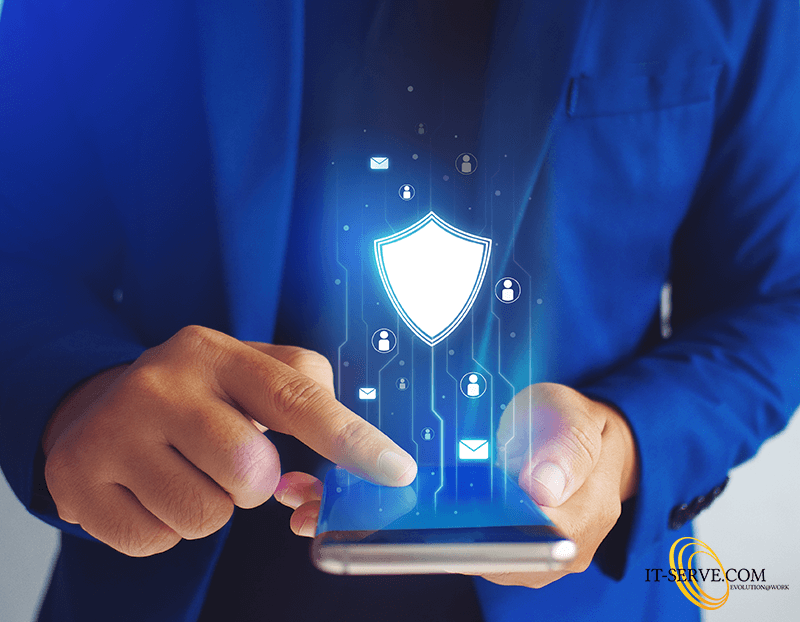
4. Use a Secure VPN (Virtual Private Network) Internet
Using the internet in public places increase the chances of hacking as you are exposed to people on the same wireless network. Using a secure VPN (a virtual private network) on your system or phone encrypts your internet data and offer you greater protection from online thieves.
With a VPN, you can be assured of safe browsing experience less tracking, even lesser ads and enhanced peace of mind knowing you’re completely secure.
5. Create a Backup
To avoid being an easy target for hackers, it’s essential to be selective about the companies or people you share your personal information with. Be very alert and suspicious of any emails or messages asking for personal login or account information. Make sure to check that the links you're opening are legit and secure (https not http) as phishing is one of the simplest ways to steal passwords.
Alternatively, create a back-up of all the important data on an external hard drive or USB and encrypt your content as most cloud storage options today are easily snoopable.
Bottom Line
You do not have to necessarily spend a huge amount of money to protect yourself against constant hacking threats lurking around in today's environment. Just being a little more alert about your online security and knowing where and when you are in the highest danger to be attacked by hackers, you can prevent the instances of hacking. With the easy tips shared above, you can keep yourself from being a target for the hackers.
